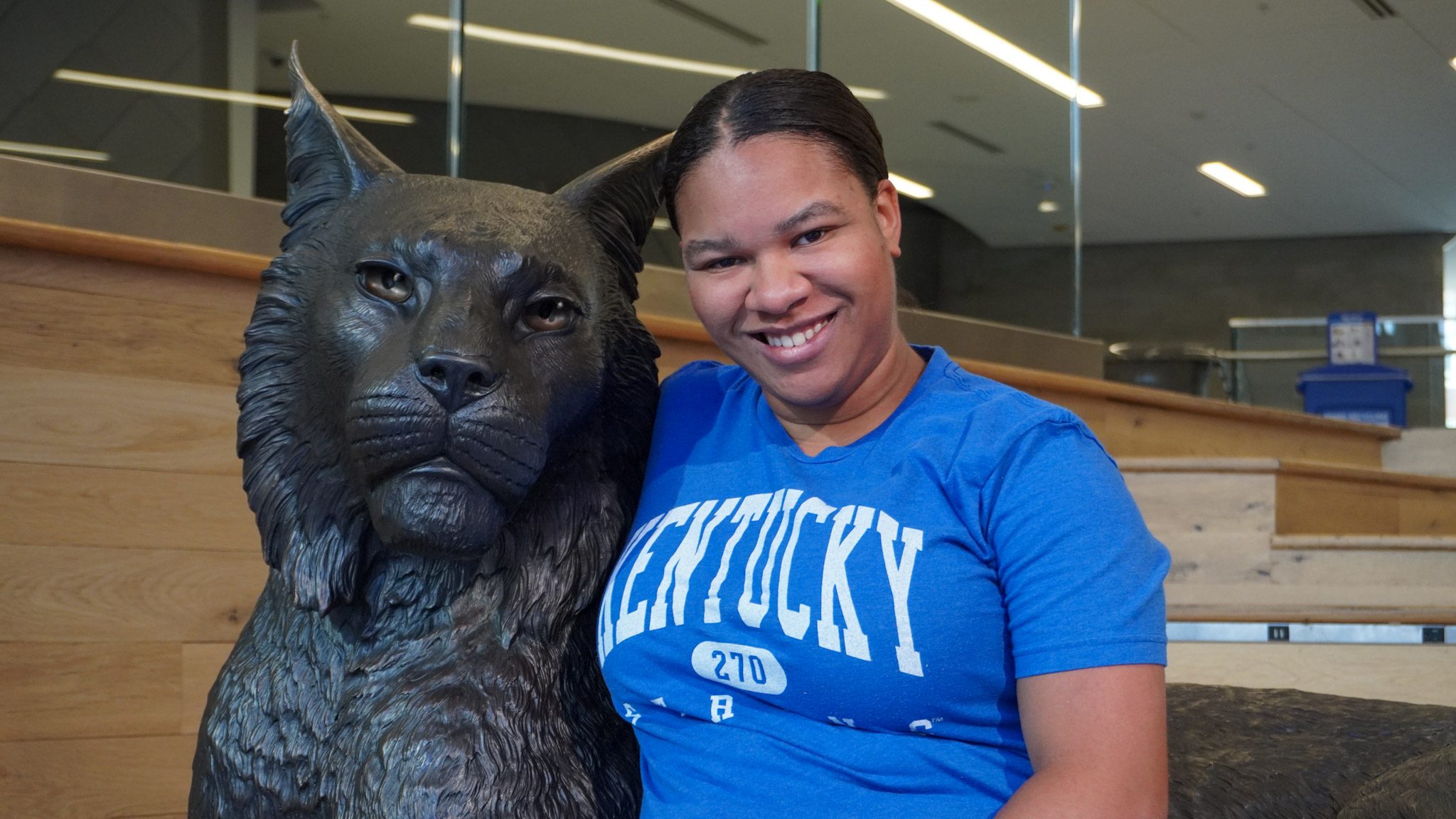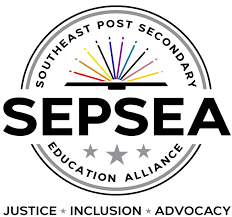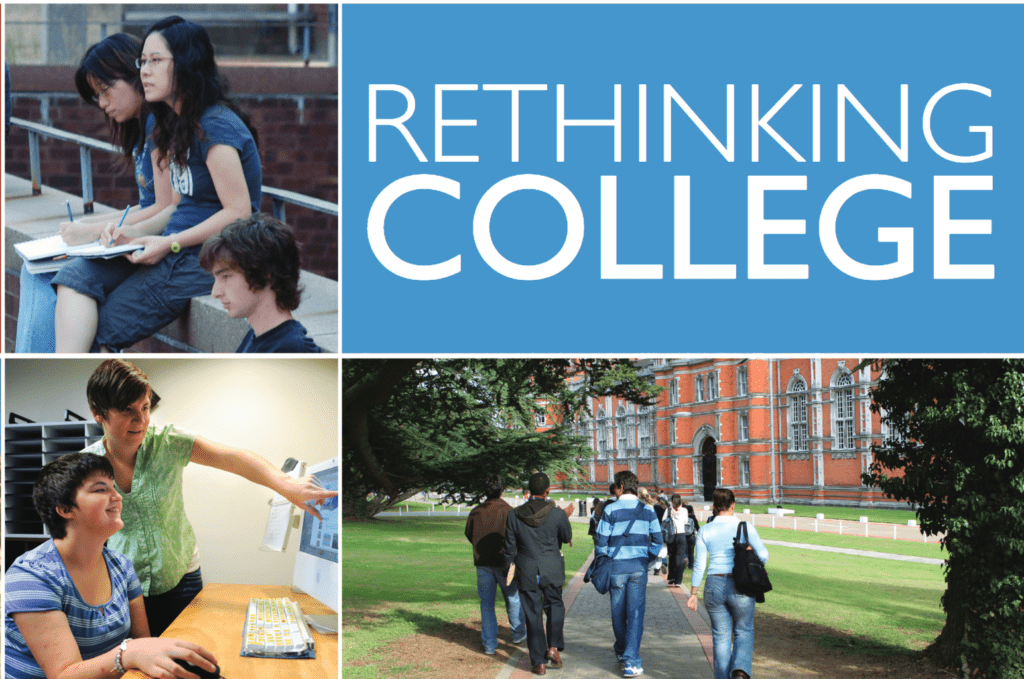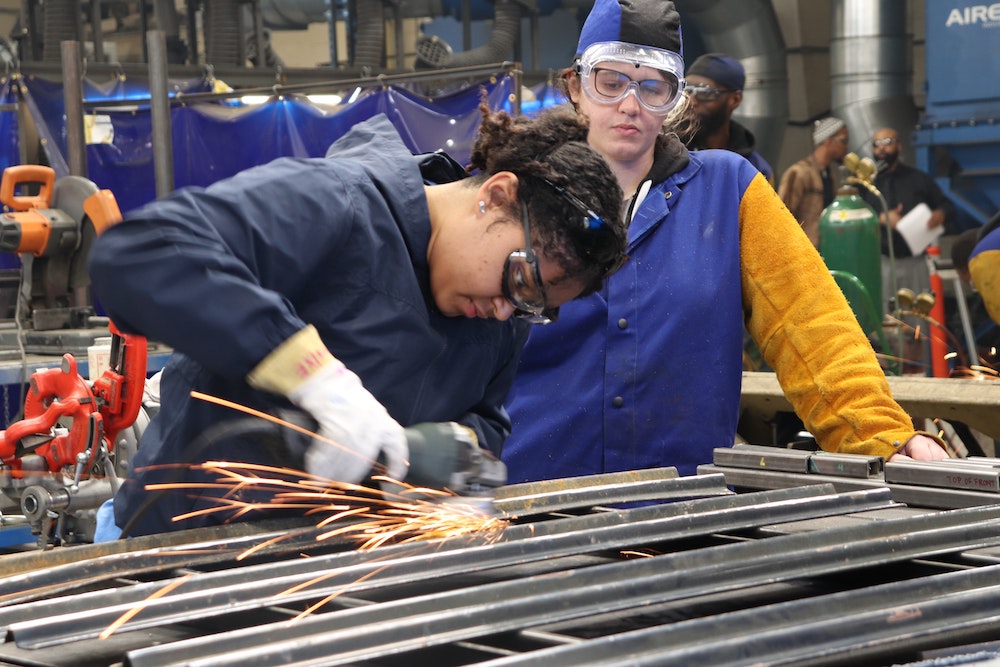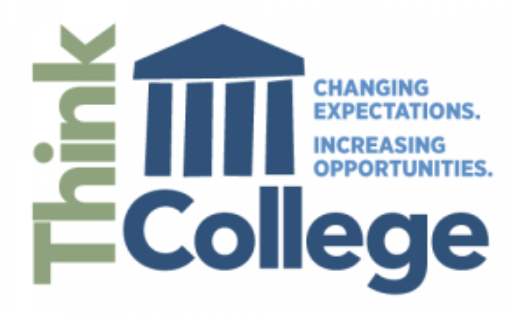Kentucky Supported Higher Education Partnership
In Kentucky, 19% of students with disabilities, across disability categories, enrolled in a college or university in the year following their exit from high school. For students with an intellectual disability, it was 9%. (2024 Kentucky Post School Outcomes Center)
The Kentucky Supported Higher Education Partnership (KSHEP) is a network of Institutions of Higher Education across the state offeringhigher education programs forstudents with intellectual and developmental disabilities, such as CTP programs.
Comprehensive Transition and Postsecondary (CTP) programs support students with intellectual disabilities (ID) who want to continue academic or career and technical instruction at an institution of higher education to better prepare for competitive integrated employment and independent living.
Before 2020, when the Kentucky General Assembly started investing dollars for programslike CTPs, Kentucky had only 3 U.S. Department of Education approved CTP programs. Since 2020, Kentucky has doubled its number of CTPs.
Application & Enrollment
164 Applicants
48% Enrolled
52% Not Enrolled
Paid Employment
78% of students had paid employment during or at completion of the program
Program Completion
36 students have completed their program since 2020
What programs are saying…
“Thanks to funding from the KY General Assembly, students in the University of Kentucky’s College and Career Studies program reported many positive experiences, such as continuing theirstudies after high school, exploring career andcommunity opportunities, learning about autonomy and advocacy, and finding and maintaining meaningful social connections.”
“Through SHEP funding, Murray State’s College to Career Experience program provides a higher education experience for students withintellectual disabilities focused on building skills to improve employment options.”
“The students in this [BCTC’s Comprehensive Transition and Post-Secondary Program]program are hardworking, loyal and laser focused on gaining skills for today’s workforce. I couldn’t imagine a better set of workers for Kentucky!”
“Funding for CTP programs, like the SAV-Y program at WKU provides life-changing opportunities for students with intellectual and developmental disabilities by helping them gain the skills, confidence, and independence needed for meaningful employmentand community inclusion.”
“The funding we receive completely sustains and supports NKU’s SHEP Program. It allow students with intellectual and developmental disabilities to pursue a college experience which gives them opportunities to develop the skills and strengths needed for future employment.”
“Funding is vital for the continuation of our Career and Life Skills Program at Owensboro Community and Technical College. This program opens doors for students with intellectual disabilities to attend college, build independence, and pursue meaningful careers.”

Learn more about the programs and their students
Scan the QR code to the left or visit https://bit.ly/KSHEPsuccess
The Supported Higher Education Partnership at the University of Kentucky Human Development Institute is funded as the Supported Higher Education Project in the State Executive Branch Budget (July 1, 2024 – June 30, 2026) at $500,000 in each year of the biennium.
